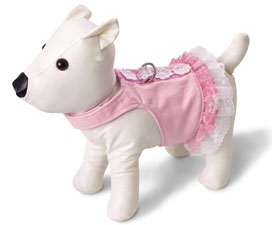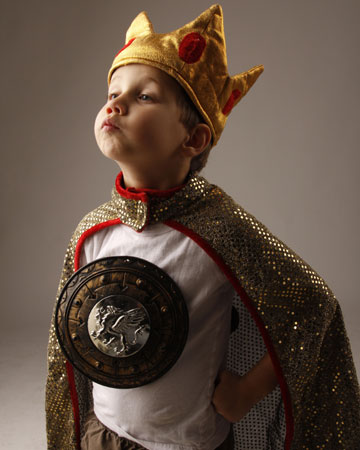Meet Ana, mom of Kane and wife of Bruce, who has been battling bile duct cancer. Learn how she and her husband have managed parenting their child while dealing with serious illness, treatment and victories.
What happens when Daddy is diagnosed with cancer? Ana, mother of one, found this out the hard way. Her family has faced this challenge head on and has hope despite a difficult diagnosis and expensive treatment that comes along with harsh side effects. Her story is hard to imagine, yet also hopeful and inspiring.
Ana's Family
SK: Ana, can you tell me a little about where you grew up and about your family?
Ana: I grew up in Philadelphia and stayed there until I graduated high school. I feel that I was fairly lucky to be able to go to amazing schools within the city's public school system and I was involved in a lot of extracurricular activities. I wouldn't call the house I grew up in the happiest, though. My parents fought often and I was witness to it more often than not. That influenced my decision to go to college nine hours away from home, for sure.
Ana and Bruce
SK: How did you and Bruce meet?
Ana: Bruce and I met through bmezine.com, technically. We had some mutual friends from there and met at a suspension event that was announced on the website that was held in Baltimore. Bruce was helping to host the event with the suspension group he belonged to. We didn't actually talk much that day at all, oddly enough. I messaged him on BME to thank him for putting hooks in me for the first time and it just went from there.
SK: Was it love at first sight? Or did it take time to develop?
Ana: It didn't take long to develop but I wouldn't call it love at first sight. When we first met, not a lot of words were exchanged. It wasn't until we met up again to hang out for a day and get lunch that things got more serious. Bmezine.com was having its annual large meet-up called BMEfest and we decided to meet there as well. I was still living near Philadelphia and he lived in Northern Virginia, so we didn't drive there together. Instead, we met up once there. There were multiple things going on in Tweed and Toronto , and initially we only intended to meet up for things we were both going to be at. Instead, we quickly decided to spend the entire week together and as crazy as it seems, instead of leaving with the person I drove up to Canada with, I left with him and his friends to drive back to Northern Virginia and never left.
SK: How long did you date before you decided to get married?
Ana: Our period of dating only lasted for that one initial date and the trip to Canada. After the trip, I moved in with him and we lived together for about a year before deciding to get married in 2004.
SK: What was your wedding like?
Ana: It was perfect. We had a planned wedding in Las Vegas with close friends and family. We planned the wedding for the second day of the trip and spent the rest of it visiting the city. Our small wedding party, which consisted of a maid of honor and best man, got a matching Vegas-themed tattoo while there as well.
Along came Kane
![]() SK: When did you find out you were expecting a baby?
SK: When did you find out you were expecting a baby?
Ana: We were actively trying to get pregnant and had four miscarriages before a pregnancy stuck, which was what we had agreed on as our last try at that point. We found out when I took a test right before my missed period in July of 2006.
SK: What was Bruce’s reaction?
Ana: Excited but still nervous. I think that's how we spent the entire pregnancy, actually.
SK: Tell me about the day Kane was born.
Ana: Kane was born by a sort of planned C-section on April 19. He flipped footling breech sometime around 37-38 weeks and despite an unpleasant external version at the end of the 38th week, refused to turn. Had he been frank breech we would have allowed labor to happen and see if he turned then but instead scheduled a C-section only a few days after the failed version attempt.
{pageBreak}
The diagnosis
SK: What symptoms led Bruce to see a doctor?
Ana: His symptoms progressed quickly over the course of two days and sent him to the ER rather than our regular doctor. The symptoms themselves mimicked an inflamed gallbladder so well that we initially saw a general surgeon at the hospital who was planning on taking out his gallbladder that evening. After doing a CT scan, they realized it wasn't his gallbladder at all.
SK: How long did it take to get diagnosed?
"It wasn't until they were placing a stent in his bile duct that they finally got malignant samples."
Ana: It wasn't a quick diagnosis. They did a CT scan at the hospital during his stay after the ER trip, but didn't know exactly what was going on. We ended up with a gastroenterologist who did several scopes. Two to look around and get biopsies and another when he became jaundiced. It wasn't until they were placing a stent in his bile duct that they finally got malignant samples.
SK: What is the exact diagnosis?
Ana: His official diagnosis is Cholangiocarcinoma, but at first they thought it was pancreatic cancer. They have very similar symptoms if the tumor develops on the pancreas itself rather than up closer to or in the liver.
Treatment
SK: Describe what treatment Bruce has had over the course of his illness.
Ana: So far, he has had countless CT scans, three upper GI scopes, a Whipple procedure, six months of IV chemotherapy using cisplatin and gemcidabine with Neulasta post infusions, and is now in the middle of his six weeks of radiation with oral chemotherapy. Radiation and his oral medication, which is Xeloda, are daily Monday through Friday, with a break from both over the weekend.
SK: What side effects did he suffer?
Ana: He was chronically nauseous during IV chemotherapy, but the biggest side effect has actually been bone pain, particularly in his lower back.
SK: What have some of the challenges been during this time?
Ana: One of the biggest problems has been money. Bruce hasn't worked full time at his job in a while now and hasn't felt well enough for much time since the first symptoms. That makes it difficult for me to work as I am primarily caring for him and our son. Our county has half-day kindergarten and pretty much made it impossible to go back to work part-time. We have been extremely fortunate that Bruce's family has been able to help us with money during this. Even with Bruce's time off of work and reduced income, we still do not qualify for assistance through the state.
We also had our car break down unexpectedly in the middle of chemo treatments and had to jump through tons of hoops to be able to find a new one for us. Finding the car we have currently was another very lucky break for us. Last but not least was finding out that Bruce's insurance didn't fully cover his Xeloda prescription. Without insurance the drug is around $5,000 a month out of pocket. With our insurance coverage it knocked it down to $1,000 per month. Thankfully, the specialty pharmacy was able to help us with the remaining cost of the drug with their own financial hardship program.
Keeping it together
SK: How much does Kane know about Dad’s illness?
Ana: None of it has been hidden from him and he understands it as well as he can at his age. He knows that his dad is very sick and will need ongoing care to get better. Kane has been to almost every single doctor's visit, procedure visit and when he did IV chemo, we all drove up together. It was a six-hour infusion and because we live over an hour's drive with the crazy traffic in this area, Kane and I would spend the rest of the day near the city, so it was a bit of an event each time. He also knows that Bruce takes oral chemo and gets radiation during the week.
SK: Have you been able to get Kane involved in Bruce’s care at all?
Ana: Yep! Kane is fairly eager to please so he's helped to get stuff if Bruce needs it for the most part. A lot of his care is just letting him rest. Kane helps with chores but it's something he did before this happened, too.
SK: Has Bruce stayed a hands-on dad throughout this time?
Ana: Pretty much. There are some days when he's just too tired, this is something that has been more with the radiation than the chemo, though. We still go to parks or take walks together. Bruce handles potty issues when those come up and watches Kane when he's home so I can do things outside of the house on my own.
He's also been as hands-on as possible with the rest of our lives as well. The only reason he's not still on trash duty is because he's developed a hernia post-op along the internal incision line and I do my best to keep him from lifting [when he shouldn't be]. The hernia has been a huge annoyance for him as they have to wait about a month after radiation is finished before they can go in and repair it.
What the future holds
SK: What is Bruce’s prognosis at this time?
Ana: Bruce was lucky to be diagnosed at stage 2B for his cancer. It seems like an easy diagnosis but for pancreatic and bile duct cancers, 2B is the upper limit of what is still treatable. Beyond 2B they don't usually consider the Whipple procedure to be a viable part of treatment. Currently, there has been no evidence of tumor regrowth on the pancreas, bile ducts or any other surrounding organs or tissue. His blood work shows that nothing is growing on a microscopic level, either. Bruce will be in treatment for the rest of his life in some form or another, but the big picture is very positive.
SK: What’s next for the Wilmot family?
Ana: For right now, we're just waiting until Bruce is done with active treatment so we can regain some more normalcy. Our daily routines have been switched up quite a bit with all of this. With Kane starting kindergarten this year, it's helped to sort of distract from the current situation some. We're definitely looking forward to not having to plan our days, weeks and months around treatment.
![]() Help
Help
Ana's friends have set up a fund to help her family out with financial expenses — check it out here.
More amazing moms
This mom's travels through faith
Parenting as a rock star family
Tandem nursing: Breastfeeding for two


 Stacey Dash
Stacey Dash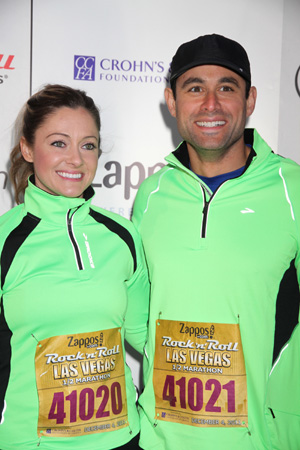
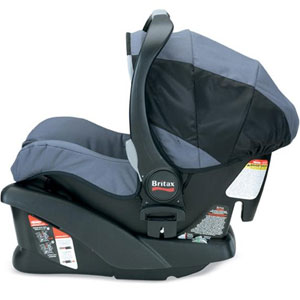
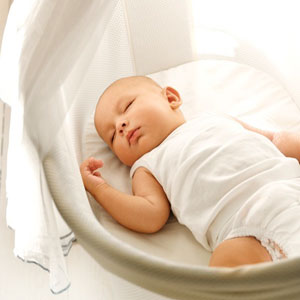
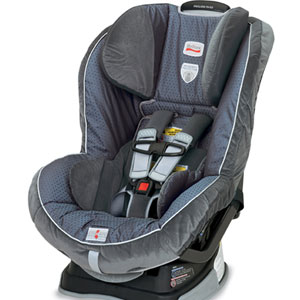
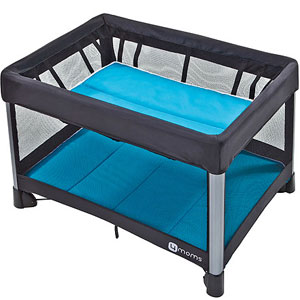
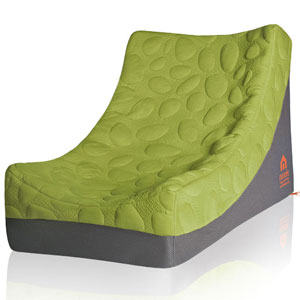
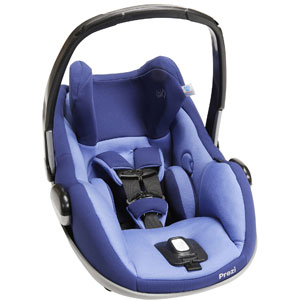









 Snacks
Snacks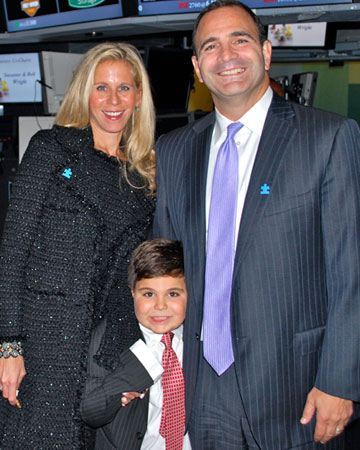
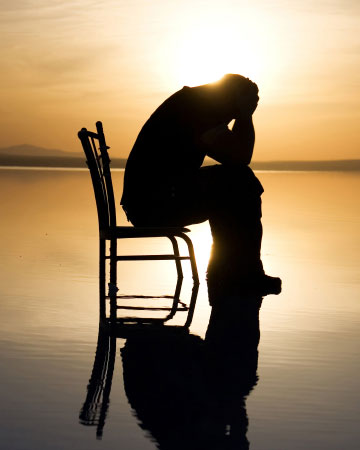
 SK: When did you find out you were expecting a baby?
SK: When did you find out you were expecting a baby?






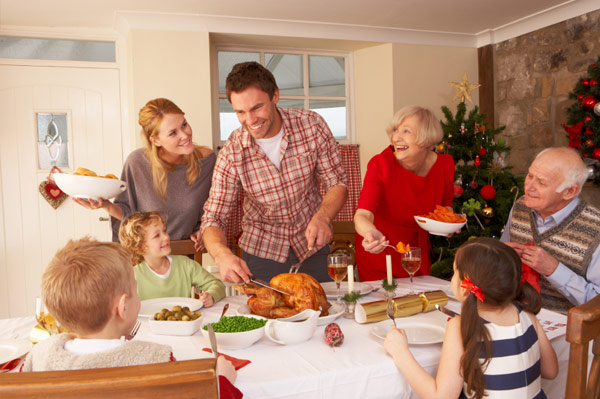
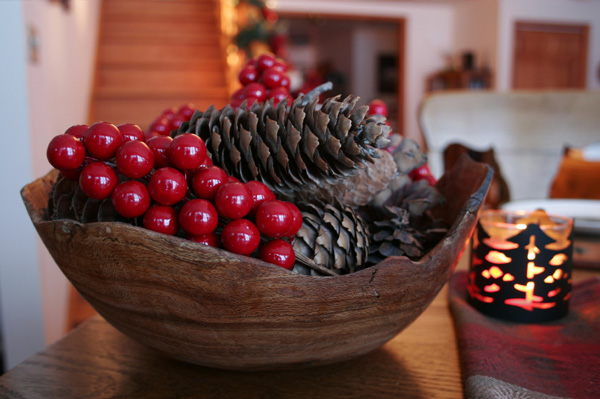

 Loyal royal pets
Loyal royal pets